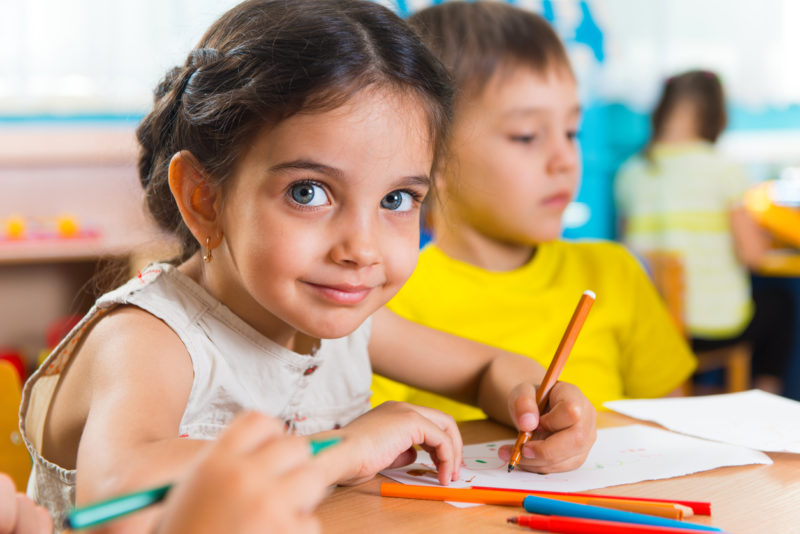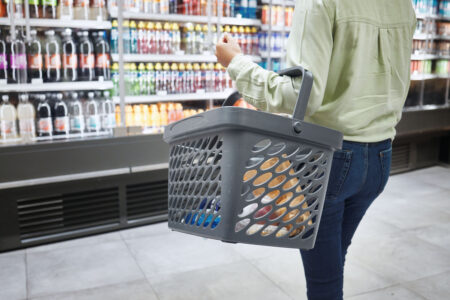
Share On Social!
A new policy for a sugary drink tax was recently proposed by Mayor Javier Gonzales to help fund Santa Fe, New Mexico (51.2% Latino) to expand early childhood educations programs.
However, after much discussion about the proposed tax, the city council requested information about finances and if the tax could generate the projected funds of up to ten million dollars a year.
The Mayor had presented an economic study in the previous proposals to the city council, stating that ten million dollars would be needed to expand prekindergarten classrooms.
Now the plan for the tax has been redefined for the tax to be implemented only within city limits and excludes artificially sweetened beverages will be presented by Mayor Gonzales in January 2017.
By limiting the tax to city limits, estimated costs per year were decreased about $2.5 million annually, according to Mr. Gonzales’s consultant.
City Council supports the idea of the two-cents-per-ounce sugar-sweetened beverage tax but wants specifics on how the funds will be implemented.
Veronica Garcia, the Santa Fe Public Schools Superintendent supports the tax and told Santa Fe New Mexican News that the tax could be a game-changer for the city and the school district.
Mayor Gonzales hopes to work with parents and councilors to get the proposal right and campaign effectively for support of the tax, but his main focus continues to be in support of helping kids most in need get access to early childcare.
“It has to be that way if we truly want to see a break in this cycle of poverty, a breakdown of the barriers that are stopping our kids in their tracks from achieving their full potential,” Mayor Gonzales told Santa Fe New Mexican News. “It’s just reality of why you need a new revenue source.”
Not only could a soda tax help to break poverty cycles and increase educational opportunities for young Latino kids in Santa Fe, but studies also indicate that sugary beverage taxes can help decrease high consumption rates of sugary drinks that are linked to higher risks of diabetes and unhealthy weights in Latino kids.
To learn more about recent sugary drink research, click here.
By The Numbers
74
percent
of Latino kids have had a sugary drink by age 2 (vs. 45% of white kids)



